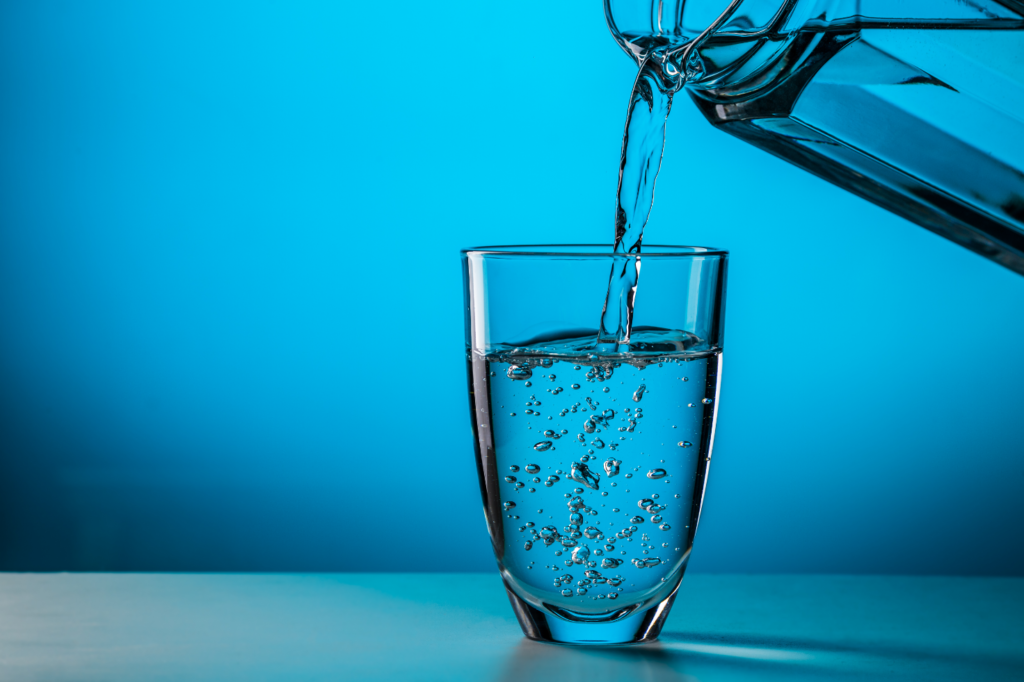
The tap water in many households has a fairly high level of dissolved mineral content. People who have always lived in a home with relatively soft water notice the difference when they visit other households. They might wonder if hard water is safe to drink. Many men and women decide to have a softener installed in their homes. However, that decision typically is for reasons other than potential safety issues.
About Hard Water
Hard water contains dissolved minerals that most commonly include calcium and magnesium. Homeowners may contact Aquarius Water Conditioning if they want to significantly reduce the mineral content in their tap water.
Different areas of the country have varying levels of mineral content in groundwater. Softer water is produced through the melting of glaciers and water traveling through igneous rocks. Igneous rocks are formed from magma and lava. In contrast, water traveling through limestone picks up minerals and becomes hard.
Health Considerations
Consuming calcium and magnesium through drinking water actually can be beneficial for one’s health, since a certain amount of mineral content is part of the daily nutritional requirements. People usually get the vast majority of their mineral needs from food and supplements rather than from water.
The average 8-oz. glass of hard water might contain 30 mg. of calcium. The recommended daily intake of calcium is between 1,000 to 1,300 mg., depending on the person’s age and gender. Even people who drink the recommended eight glasses per day would only consume 240 mg. with water intake. Anyone worried about the development of calcium-associated kidney stones from drinking hard water has no reason for concern.
Other Effects
The mineral content of tap water would have to be very high for it to be a significant source of mineral intake. Unfortunately, hard water has negative effects not connected with health. It interferes with soap lathering, resulting in the need for more shampoo, body soap and laundry detergent. The mineral reaction with soap causes scum to accumulate. As hard water dries, it leaves limescale behind that requires some elbow grease to remove.
In addition, minerals build up on the inside of plumbing pipes and appliances that use water. This can eventually cause problems. For instance, without proper maintenance, a water heater can fail prematurely with too much mineral accumulation. When these appliances are filled with hard water, they should be flushed occasionally and the anode rod should be replaced. The anode rod attracts minerals and keeps them away from the appliance’s interior walls and floor.
These effects are experienced to a certain extent even with moderate mineral content in tap water.
Deciding Among Treatment Options
Many individuals like the flavor of hard water. They might decide to have a whole-house filtration system for water treatment and buy bottled mineral water for drinking.
Another option would be to have a softener installed and hooked up only to certain taps in the home. Homeowners can have the softener attached to plumbing pipes in the bathrooms and laundry room, and also to the water heater. They can keep it disconnected from the kitchen sink plumbing. The main problem would be having to deal with limescale around the kitchen faucet and sink. Another consideration is that boiling hard water leaves white residue in pans. When the liquid evaporates, the minerals are left behind. These issues may be an acceptable trade-off for having hard water in the kitchen sink but nowhere else in the home.




Leave a Reply